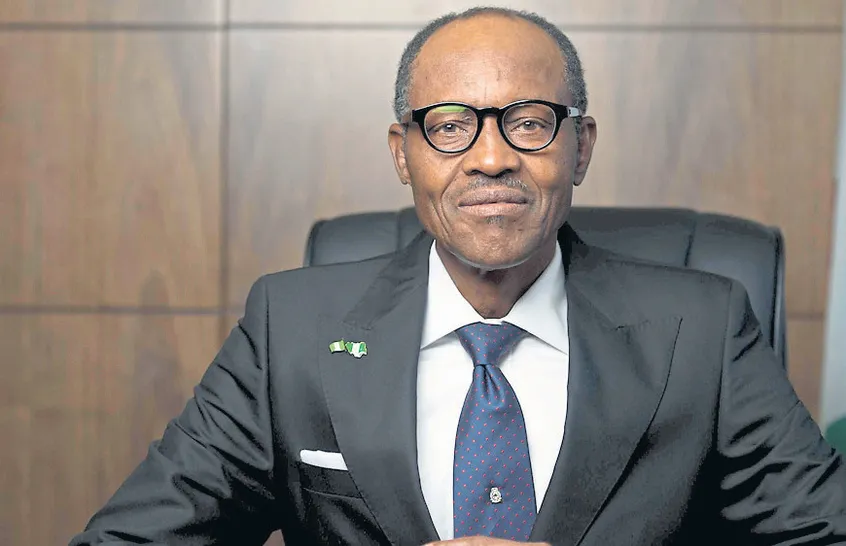The Christian Association of Nigeria and the National Christian Elders Forum each issued congratulatory statements to Muhammadu Buhari, who won the presidential election on 28 March. They also praised Goodluck Jonathan, a Christian, for relinquishing power peacefully.
Buhari swept the majority-Muslim northern states, while Jonathan captured the Christian-majority southeast. The election was won for Buhari in the Christian southwest, home to his vice-presidential running mate, Yemi Osinbajo, pastor of the Redeemed Church of God, a large Pentecostal church in southern Nigeria. A coalition of southwestern clergy, under the banner ‘Christians for Governance, Pastors for Change’, endorsed Buhari.
A majority of Nigerians of all faiths had expressed dissatisfaction with the corruption endemic in Jonathan’s government and its inability to put down the murderous Islamist insurgency of Boko Haram in the northeast.





